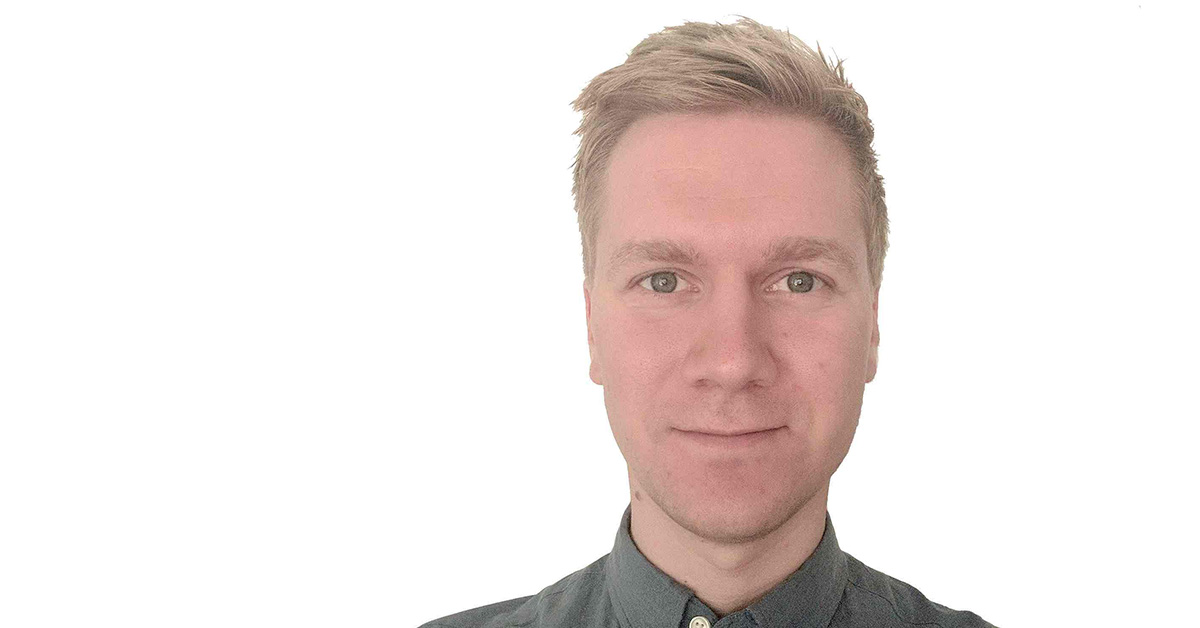The Department of Computer Sciences welcomes Johannes Bjerva as new Assistant Professor (Tenure-Track) in the Database and Web-technologies (DW) research group. Bjerva is one of two new assistant professors hired at the Department of Computer Science, AAU Copenhagen, where he will play an active role in the new software education.
Johannes Bjerva holds a Master’s Degree in Computational Linguistics from Stockholm University and a PhD in Natural Language Processing / Computational Semantics from the University Of Groningen, The Netherlands.
For the past three years, Johannes Bjerva has worked as a postdoctoral researcher at the Department of Computer Science at University of Copenhagen.
Describe your area and research interests:
- I work with Natural Language Processing (NLP), which is an area of Machine Learning / Artificial Intelligence in which we try to solve problems dealing with natural languages like Danish, English etc. My PhD was on trying to solve many tasks for many languages at the same time. The general idea was that learning similar tasks should be mutually useful – for instance, if you’re good at cycling, you’re probably also a decent runner. This usually works fairly well with several NLP tasks, too.
Dealing with many languages at the same time is much more difficult, and arguably also much more important. Out of the over 6,000 languages in the world, only a handful have access to the language technological tools on which modern society relies (e.g. spell checking, automatic translation, online search). The core problem is that only this handful of languages has access to sufficient data for state-of-the-art methods (e.g. ‘deep learning’). Luckily, however, languages are often similar to one another in predictable ways. For instance, two languages might have similar syntax (word ordering etc.), but differ in their pronunciations. How do we get an NLP model to make use of the similarities in syntax, but ignore differences? I am working on developing theory and methods for doing exactly this. If we can do this well, it won’t matter if a language has few resources, as long as we know something about how that language works. In the end, I hope to be a part of reducing the language technological inequalities in the world.
Which current projects (if any) are you going to work on with?
- I’m involved in several projects at the moment. I’m a co-PI on a 5 year / 4,000,000 SEK grant from the Swedish Research Council, where we are trying to use structural similarities between languages for multilingual NLP. I’m also leading the organization of a so-called ‘shared task’, i.e., a scientific competition in which teams from universities all over the world participate. In addition to some smaller projects, I’m applying for funding from Danish and international agencies and companies to get a small team to work on multilingual NLP.
Why did you choose to continue your career at Aalborg University?
- I was very keen on the prospect of putting AAU on the map in terms of NLP research, and getting to shape the direction of the department in Copenhagen is very exciting. Getting to work with students in a PBL setting suits my style very well, and is so far a rewarding experience.
Any fun facts your new colleagues should know?
- I am an avid amateur triathlete, and was going to race my first 70.3 Ironman in Helsingør this year. That was cancelled, so next year I’m planning to both do the 70.3 in Helsingør and a full Ironman in Copenhagen. I also have the role as dungeon master for a group of friends playing Dungeons and Dragons.

